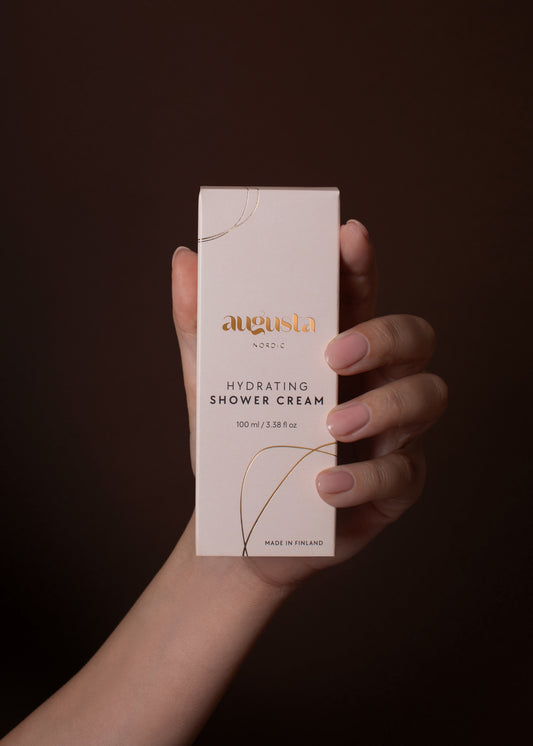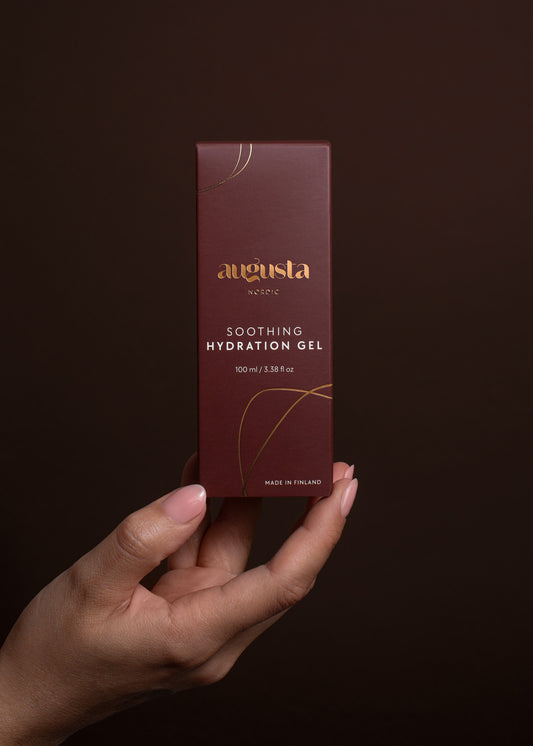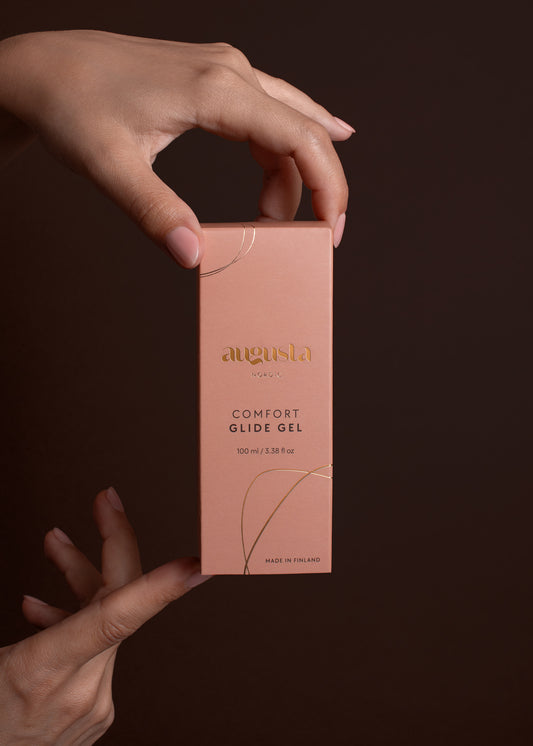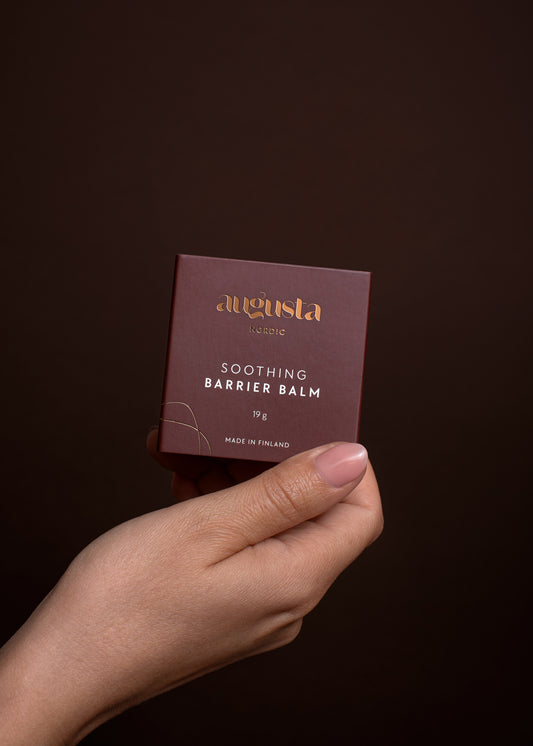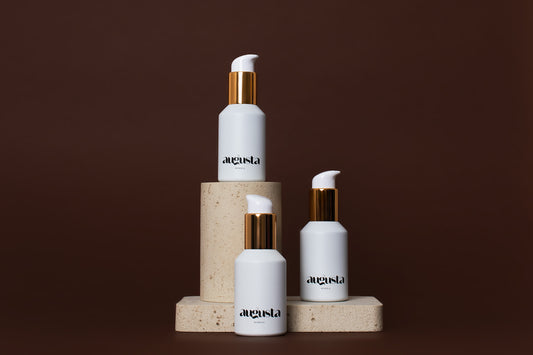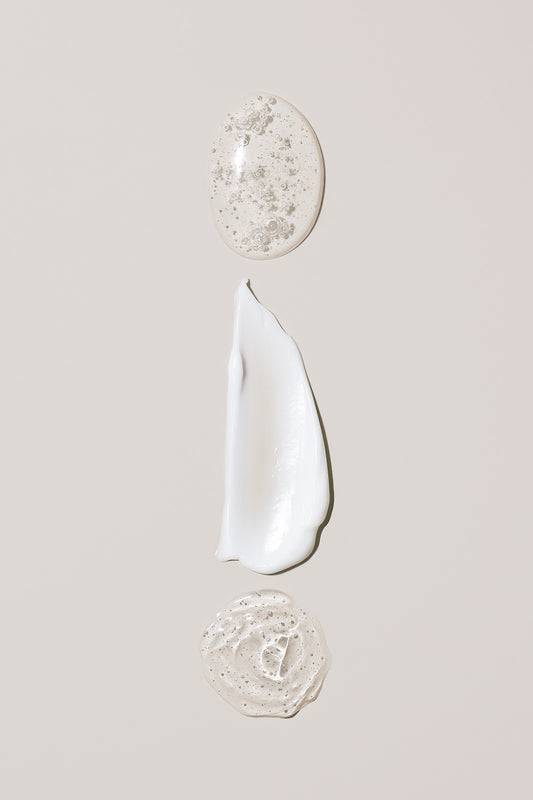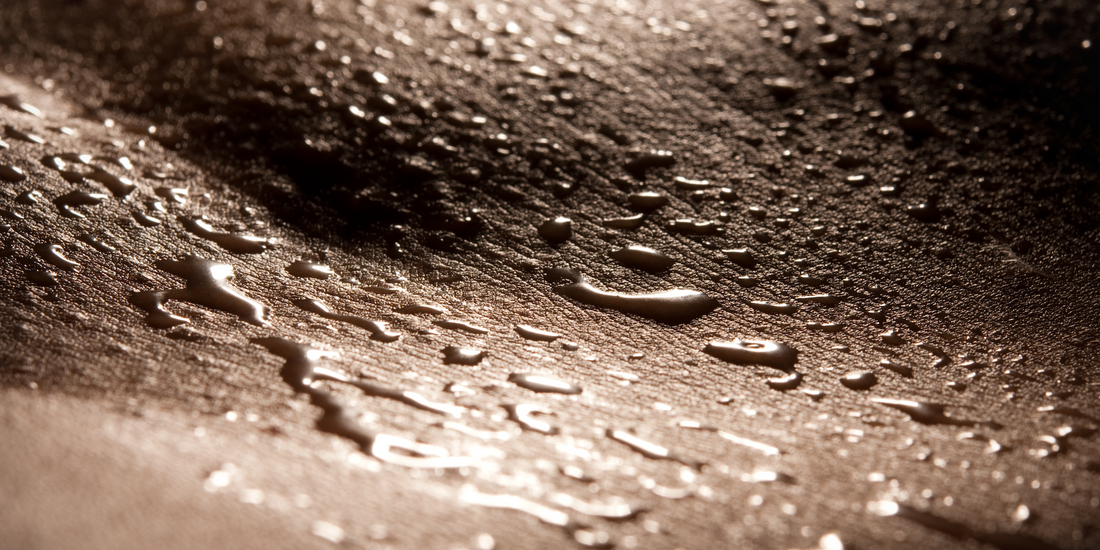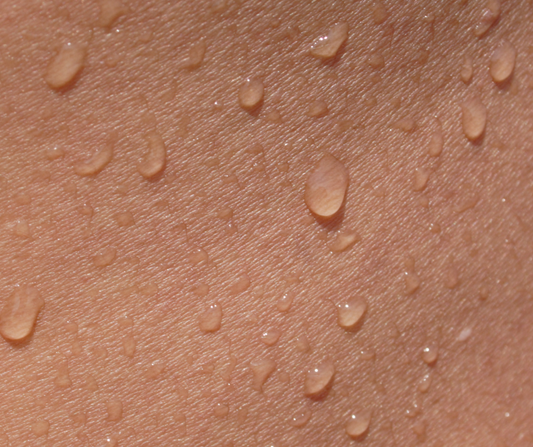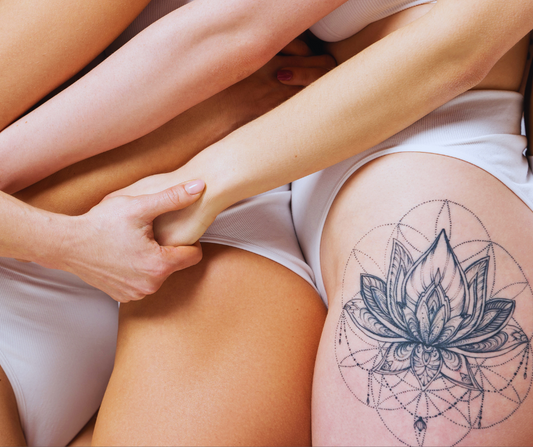Menopause is a journey of transformation, and hot flashes are one of the most recognized – and sometimes dreaded – symptoms of this phase. These sudden waves of heat can catch you off guard, disrupt your day, and interfere with your sleep. But while hot flashes can feel overwhelming, understanding their causes and how to manage them can help you regain control and confidence.
Let’s explore what triggers hot flashes, why they happen, and practical ways to find relief.
What Causes Hot Flashes During Menopause?
Hot flashes are a hallmark of menopause, affecting up to 75% of women transitioning through this stage of life. The primary culprit? Hormonal fluctuations, specifically the decline in estrogen.
When estrogen levels drop, the hypothalamus – the part of your brain responsible for regulating body temperature – becomes more sensitive to small changes. This heightened sensitivity can misinterpret normal temperature variations as overheating, triggering:
- A sudden feeling of intense warmth, especially in the upper body and face.
- Sweating, which can range from mild to heavy.
- Chills, as your body cools down post-flash.
Hot flashes can last anywhere from a few seconds to several minutes, occurring sporadically or multiple times a day. Night sweats, the nocturnal cousin of hot flashes, can disrupt sleep and exacerbate fatigue.
Common Triggers of Hot Flashes
Certain factors can intensify or increase the frequency of hot flashes, including:
- Stress and anxiety: Emotional stress can heighten your body’s temperature regulation sensitivity.
- Spicy foods, alcohol, or caffeine: These can act as triggers for many women.
- Heat: Warm weather or overheated environments can make flashes more intense.
- Smoking: A known exacerbator of menopausal symptoms.
How to Manage and Reduce Hot Flashes
While hot flashes are a natural part of menopause, several strategies can help you manage and minimize their impact:
-
Keep Cool
- Dress in layers to adjust to temperature changes.
- Use fans or air conditioning to keep your surroundings comfortable.
- Carry a portable fan or cooling towel for on-the-go relief.
-
Monitor Your Diet
- Avoid common triggers like caffeine, alcohol, and spicy foods.
- Incorporate cooling and hydrating foods like cucumber, watermelon, and leafy greens.
-
Practice Stress Reduction
- Techniques like deep breathing, meditation, or yoga can calm your nervous system and reduce the likelihood of hot flashes.
-
Consider Natural Remedies
- Black cohosh, red clover, and soy-based products may help some women find relief, but consult your healthcare provider first.
-
Hormone Therapy (HRT)
- For severe hot flashes, discuss hormone replacement therapy or other medical treatments with your doctor.
-
Augusta Nordic Intimate Care
- Your comfort matters. Support your body during menopause with our specially formulated Nordic-inspired products that nurture your natural balance.
